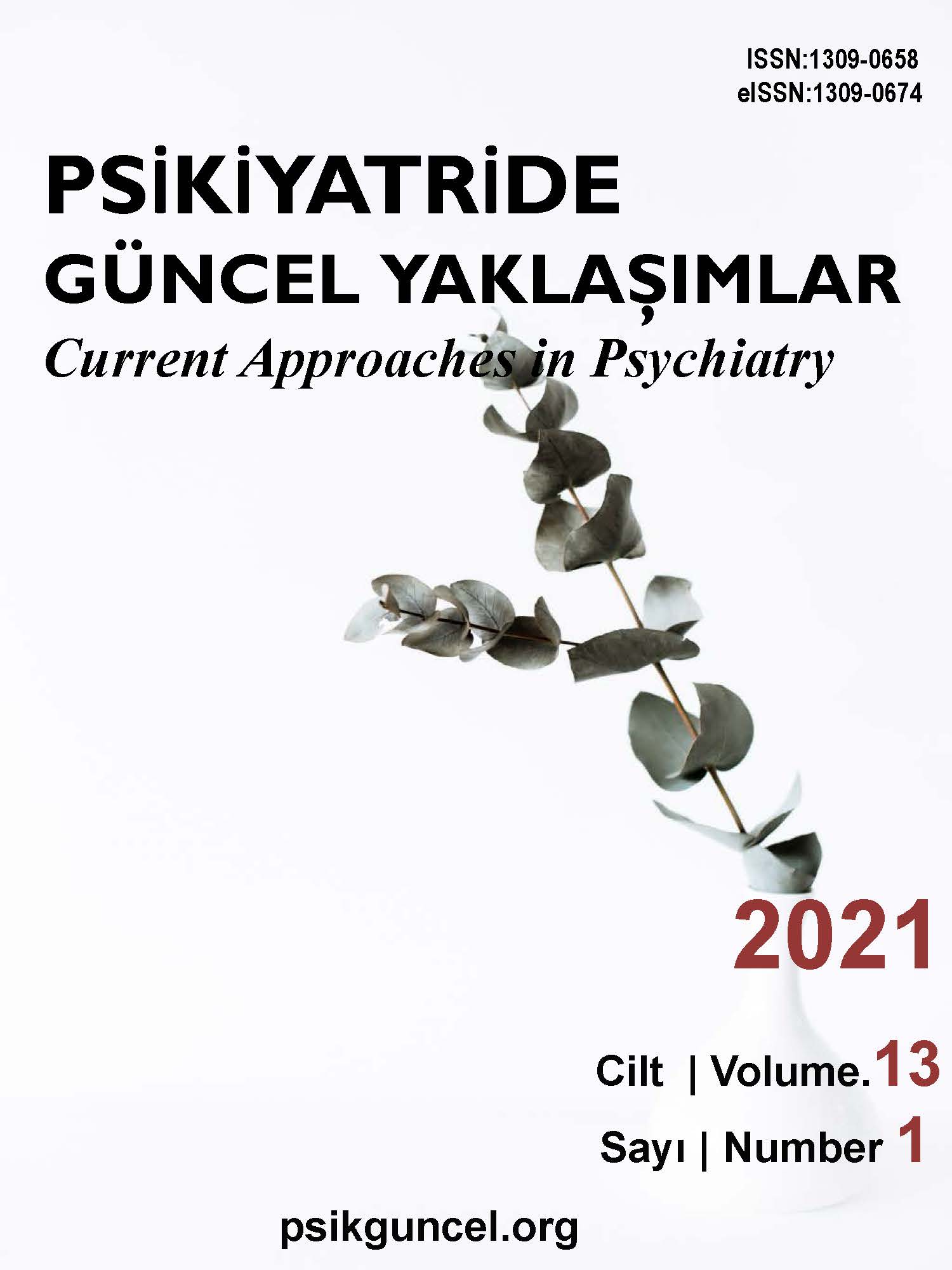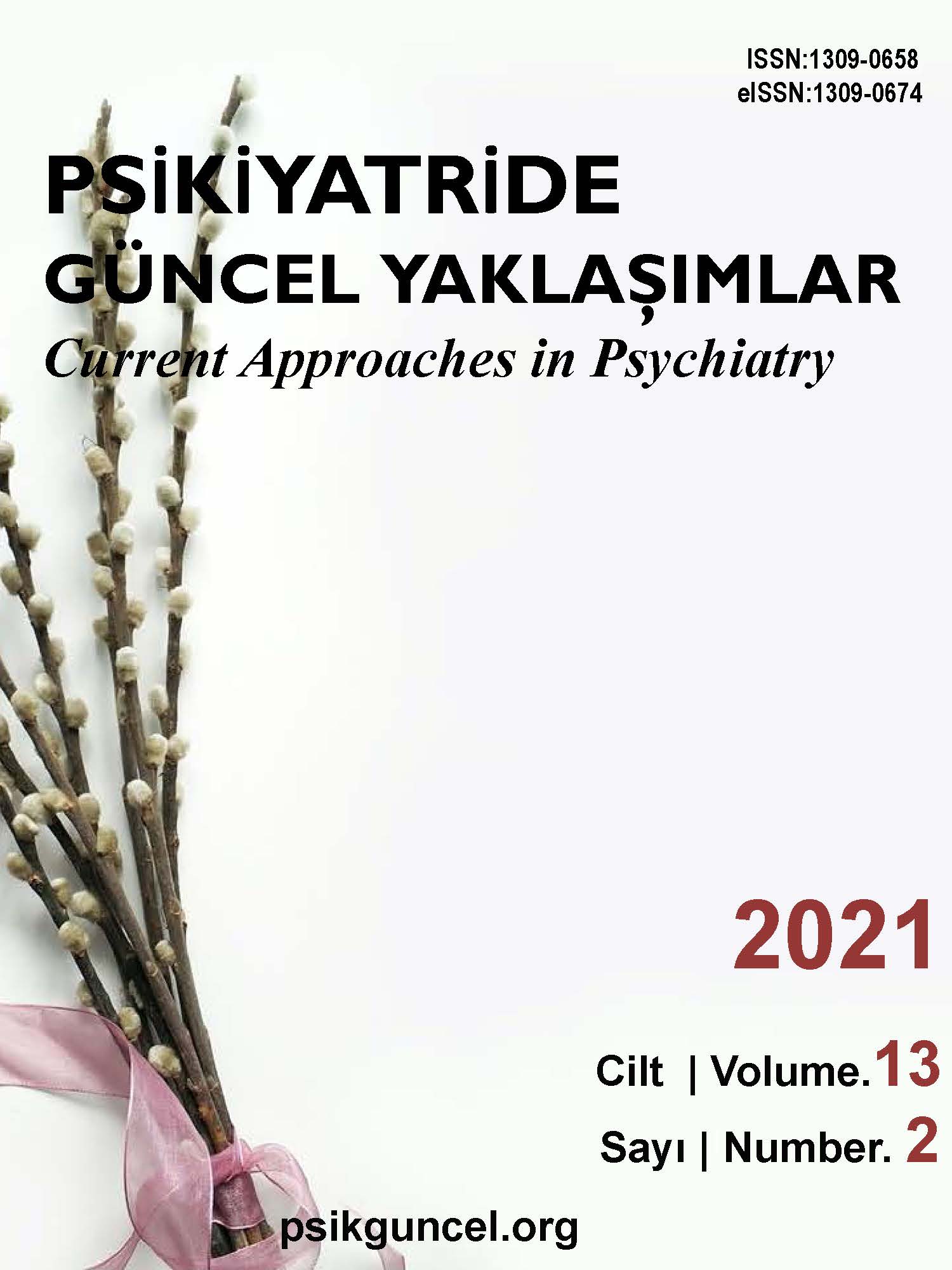Needs of Individuals with Chronic Mental Disorder: A Systematic Review
Needs of Individuals with Chronic Mental Disorder: A Systematic Review
Keywords: Chronic mental disorder; need; need assessment;
This systematic review was undertaken to assess the needs of individuals with chronic mental illness and the investigations in the last decade that have identified the factors that affected them. The systematic review of the literature was conducted using the keywords "Pubmed", "Google Scholar", "Science Direct", "Medline", "Ebsco", "Cochrane". The studies were evaluated within the inclusion and exclusion criteria. As a result of the literature reviewed, between 2008 and 2018, 20 studies with patients with chronic mental disorders were included in the review. Nineteen of the investigated studies are descriptive and one is randomized controlled experimental work. The sample size of the studies studied is between 35 and 588. Psychosocial needs such as social and close relationships, physical health status, disease status and treatment information, daytime activities and psychological distress were mostly unmet. It was determined that the needs of the patients were affected by socio-demographic characteristics such as age, gender, ethnicity, disease diagnosis, disease duration and number of hospitalizations. In addition, it was found that the needs of patients were affected by socio-economic status and functionality and symptom severity. In this systematic review, it is seen that patients need many areas and socio-demographic and economic factors and disease characteristics affect the require-ments. The planning and implementation of interventions to meet the needs of individuals with chronic mental disorders is important for the survival of individuals in community.
More...

